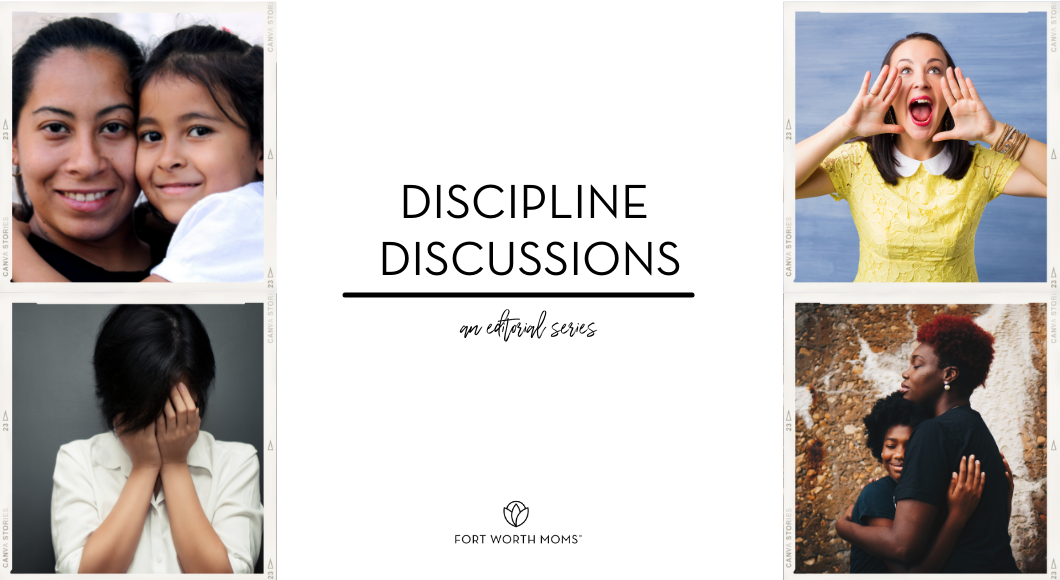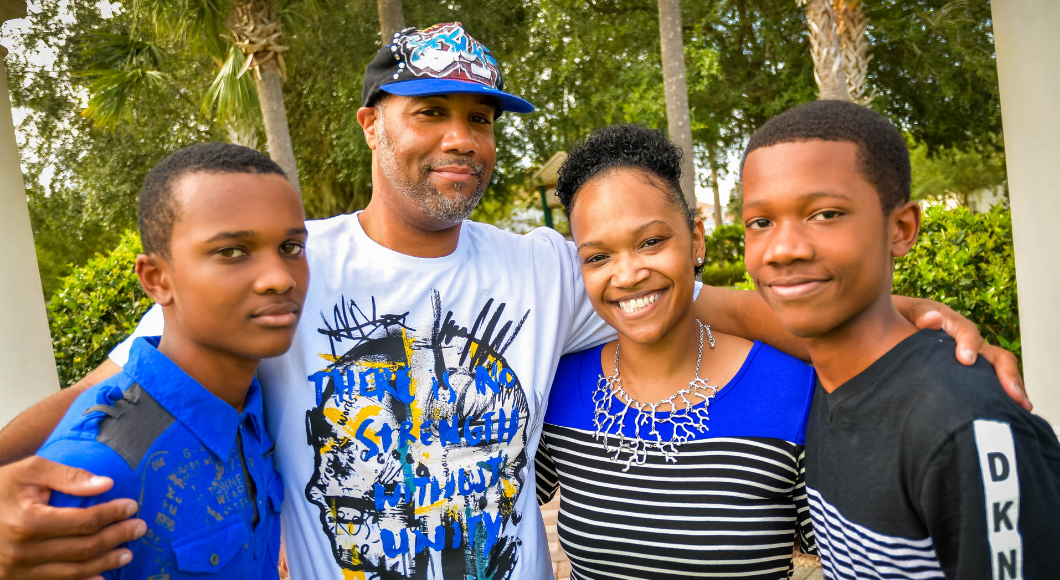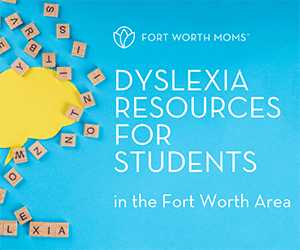This article is part of an editorial series, “Discipline Discussion” brought to you by Fort Worth Moms. Join our subscriber list so you don’t miss a moment of “Discipline Discussions” and all Fort Worth Moms has to offer throughout the year.
Go with God, middle school mamas. These are some tough years. A friend told me that the two worst times in a woman’s life is when she goes through middle school, and then when her kids do. Indeed, I concur.
Back in elementary school, we implemented a discipline strategy from a therapist that set clear rules with predetermined consequences if broken. Our “good habit” card system was a game changer. Each broken rule required a certain number of cards be drawn by the child to replace the bad habit with a good one. The cards had age-appropriate tasks and chores written on them, and were held in a small box that fit in my purse for on-the-go discipline. By having the kids pull their own card, and the consequences being beneficial for me, my emotional reactions were removed. The system did not totally remove behavior issues, but it gave me important tools to handle consequences without overreacting.

Fast forward to middle school . . .
Nothing like growing independence, adolescent overconfidence, friendship drama, social media battles, and biological changes to throw a curveball to any sense of mastering discipline.
As my youngest entered middle school, I stumbled upon a concept from my social work career.
Learning a New Key
This concept revolutionized my husband’s and my relationship with our kids, including our strong-minded one. I learned about a model of care for kids from trauma known as trust based relationship intervention, which was pioneered by Dr. Karyn Purvis at the Karyn Purvis Institute of Child Development at TCU.
Based on evidence-based brain research, one of the key concepts is how connecting and building trust can actually can impact healing within the brain. It’s important to couple that idea with research that shows children who have frequent family dinners and activities are less likely to engage in risky behavior. Connection is key.
Armed with this information, we began to step toward a broad, long-game perspective of parenting. The use of social media had become such a war that it was dominating our relationship with our son. In hindsight, I can see the turning point was an honest conversation with him about our relationship, the importance of trust, and the desire to be a safe place to work together on issues rather than striving to stay a step ahead of him.
The Dramatic Shift
Something shifted dramatically when I told him that if he wants to disobey our rules, I couldn’t stop him, and I was done trying. This confession got his attention. I began to paint a picture for him of how I wanted our relationship to look for the rest of our lives, emphasizing the importance of trust.
On that day, I began to remind myself –- and him -– as often as possible that I wanted to be his mom and cheerleader and not the police. The tweak toward dialogue rather than arguments and connection rather than behavior modification became more intuitive with time.
Discipline strategies began to be funneled through the commitment to build strong connections. This shift in mentality did not magically erase issues; it simply better equipped us to keep a broad perspective. When problems came, we could ask ourselves to strive toward big grace and firm consequences. Heated conversations were coached to respectful conversations or ended. Communication emphasized unconditional love and commitment, reminders that we all make mistakes, clear and natural consequences, and a refusal to shame or mistreat one another.
 The Power of Connection
The Power of Connection
We were mindful to continually enjoy time together as both an investment in our relationship and a prevention strategy. We became more intentional to speak toward potential, goals, and how to get there, while offering support. We reminded our teens that freedom and independence come with responsibility, and whenever possible, we gave opportunities to practice. During the middle school and teen years, my mantra has been “Q-TIP,” or quit taking it personally, which frequently resets me from engaging in a battle.
Making connection the context for discipline was a revolution.
Think of the struggles as temporary but the relationship as permanent. Remind yourself how you were at the age of your children and how messy these formative years might look. Tell yourself that the current status does not dictate or indicate who your child can become. Remember that when our children –- or teens — are most unlovable is when they need our love the most. Gently leading our kids forward is a stronger and more effective approach than pushing them.














